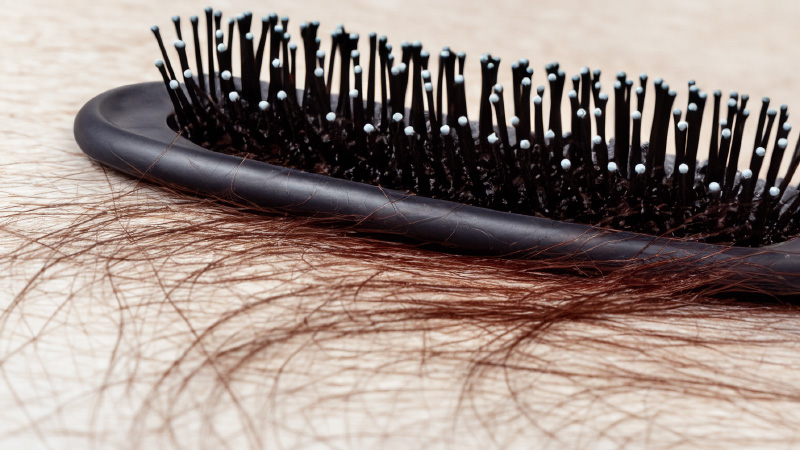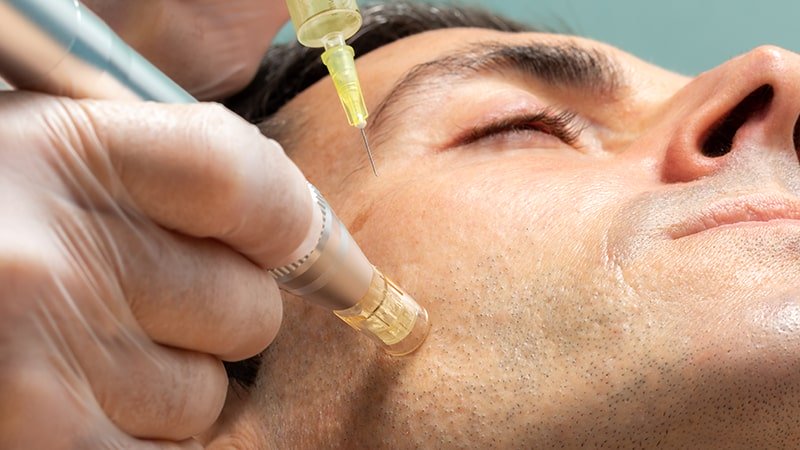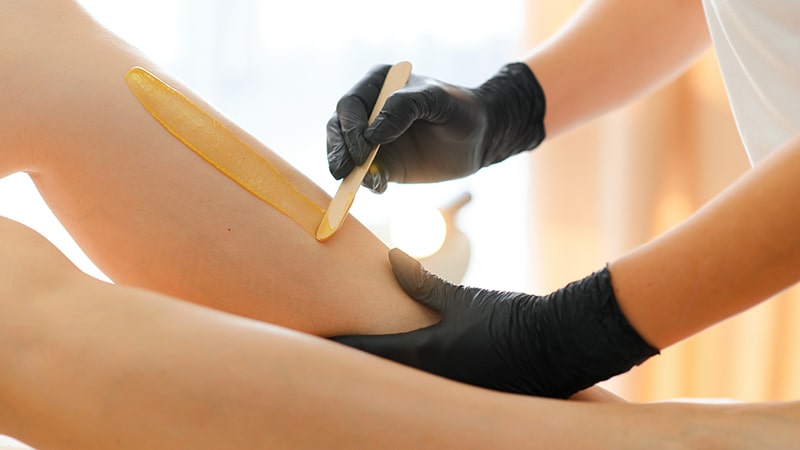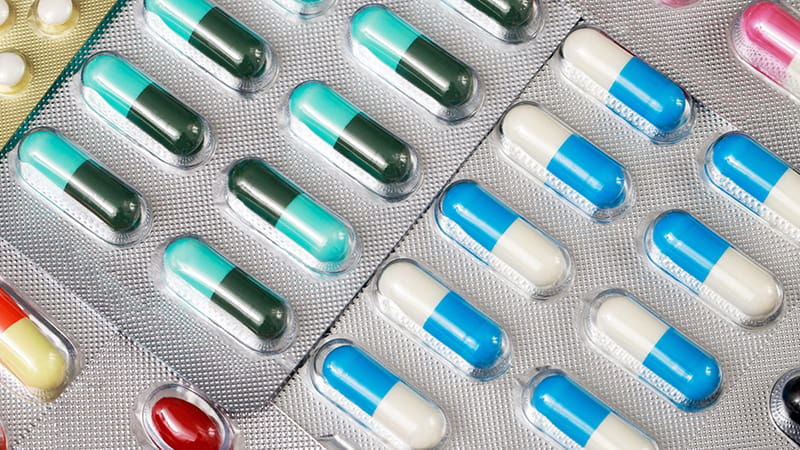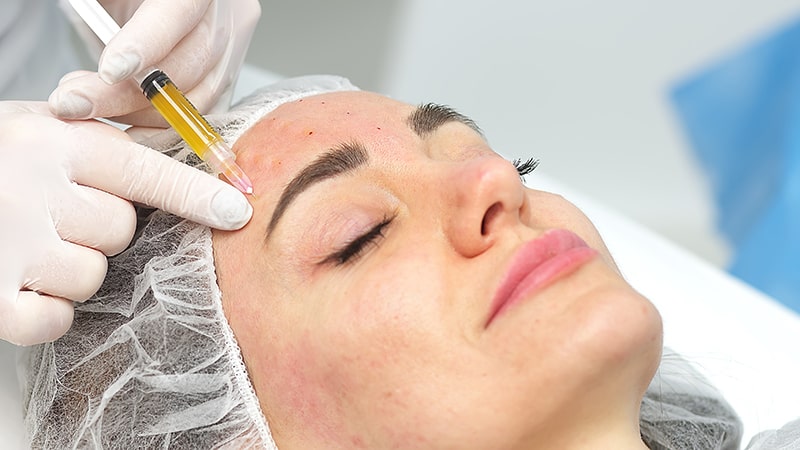In our society, hair is considered an important part of our appearance. For many people it is a source of confidence and self-esteem. Or, put another way, for those suffering from hair loss, this can mean a lack of confidence and self-esteem.
An example of the importance given to hair is that in Spain the use of hair treatments is on the rise. According to market research, the hair care products industry is estimated to be worth more than 1.5 billion euros.
By 2020, the global market for hair care products was estimated at around 81 billion euros.
What makes hair strong?
Maintaining strong, healthy hair can be a challenge for some people, as it is influenced by a variety of factors, some of which are beyond our control. Genetics, aging, some medications, hormonal components, environmental circumstances and even our diet all play a role.
- Hormonal changes can influence hair health. Hormonal imbalances, such as those that occur during pregnancy, menopause or certain medical conditions, can cause thinning and hair loss.
- Chronic stress can trigger hair loss. Physical or emotional stress can disrupt the hair growth cycle, causing more hair follicles to go into the resting phase and eventually fall out. Reducing stress and implementing stress management techniques can help preserve hair health.
- Genetic predisposition plays an important role in hair health. Some people may inherit an increased sensitivity to hormones that affect the hair growth cycle, which can lead to gradual hair loss or thinning patterns.
- Exposure to aggressive environmental factors, such as UV radiation, pollution, harsh hair chemicals and excessive use of heat styling tools, can damage the hair structure and make it more prone to breakage and shedding.
- Poor nutrition can have a negative impact on hair health. Lack of essential nutrients, such as proteins, vitamins, minerals and essential fatty acids, can weaken hair and affect hair growth.
What to eat to keep hair strong
Although there are numerous treatments available, through nutrition we can play a crucial role in the maintenance and strengthening of hair.
A balanced and varied diet, including protein, omega-3 fatty acids, B vitamins, iron and antioxidants, can help strengthen hair and promote hair growth. Below, we take a look at some of these foods that can help you maintain strong, shiny hair.
Proteins
Proteins are the building blocks of hair and are essential for hair growth and strength. It is therefore important to add foods such as lean meat, fish, eggs, legumes, nuts and dairy products to the diet.
Hair is composed mainly of a protein called keratin, which accounts for approximately 90% of its structure. Proteins in the diet play a crucial role in the repair and regeneration of damaged hair, as they are responsible for its strength, elasticity and tensile strength.
They are also involved in regulating the production of sebum in the scalp, which is a natural oil produced by the sebaceous glands. Its balance is essential to keep hair moisturized and protected.
Omega-3
Omega-3 fatty acids, such as those found in fatty fish, chia seeds and walnuts, are essential for a healthy scalp due to their anti-inflammatory, moisturizing and growth-promoting properties. They can help reduce inflammation that can affect hair growth.
Vitamin B
B vitamins, such as biotin (vitamin B7) and folic acid (vitamin B9), are essential for hair health. Biotin promotes hair growth and is essential for keratin synthesis. It is found in foods such as eggs, legumes, nuts and fish. Folic acid is found in green leafy vegetables, citrus fruits and whole grains.
In addition, niacin (vitamin B3) promotes blood circulation in the scalp. Pantothenic acid (vitamin B5) plays a key role in the metabolism of fats and proteins, which is essential for hair growth and strengthening. Helps maintain hair flexibility, strength and hydration, preventing dryness and brittleness. These two vitamin B complexes are found in poultry, seafood, pork, liver, legumes, brown rice and nuts.
And cobalamin (vitamin B12) is involved in blood cell production and DNA synthesis, which is essential for hair growth. A vitamin B12 deficiency can cause hair problems such as hair loss. It is found in meat, fish, seafood, eggs and dairy products.
Iron deficiency is possibly the best known cause of hair thinning and can contribute to hair loss. To avoid this, foods such as lean red meat, spinach, lentils and fortified cereals should be consumed.
Antioxidants
Antioxidants, such as vitamins C and E, help protect hair from free radical damage, these include oxidative stress, which can damage DNA, proteins and lipids in scalp cells and hair follicles, weakening hair and potentially leading to hair loss.
By reducing oxidative stress and protecting scalp cells and hair follicles, antioxidants can also stimulate hair growth. It also improves overall scalp health by reducing inflammation and irritation.
To include antioxidants in your diet, consume citrus fruits, berries, avocados, nuts and green leafy vegetables in your diet to get a healthy dose of antioxidants.
If you have hair problems, such as excessive hair loss or any other concerns, it is recommended that you first seek the opinion of a hair health specialist for a proper diagnosis.

